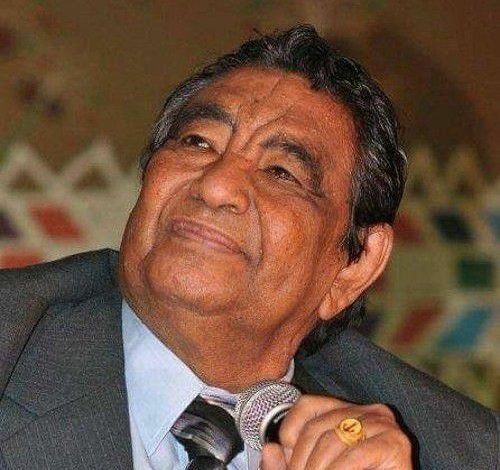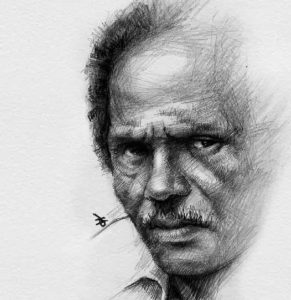Songs on Reading Future of Sudan

Sudan Events – Magda Hassan
Musicians are circulating on social networking sites with great intensity the late musician Mohamed Wardi’s “Balad Rayeh”, from the words of the poet Omar Al-Tayeb Al-Dush, which he presented in the year 1992.
It is said that it did not find its share of popularity at the time.
Al-Dush is the author of the songs “The Homeland” and “The Symbolic Beloved in Her Club,” “The Old Sadness” and “Lordly Love,” “The Clouds of Worries” by Mustafa Sayed Ahmed, and “The Waterwheel” by Hamad Al-Rih.

Ban
Wardi sang the song at a public concert in Cairo, presented by the late Laila Al-Maghribi. Due to the banning of Wardi’s songs inside Sudan, this song did not have a chance in spreading, and perhaps many people do not know anything about it, and perhaps some people are listening to it for the first time when it was recently circulated.
Lost
A number of musicians confirmed that the song is a precedent, not that it is as if it extrapolates today’s reality, or as if (Al-Dush with Wardi) is putting this song on for every era that passes through Sudan, that is lost among its people, as it is lost today, and we need to ask about a departing country. The beginning of the song says:
I will ask about the country I am going to
I am looking for a tourist country
I will ask and ask about our wishes
Our wishes that do not give us away
A shouting voice
I will live in all our palm trees
If the time comes, it will fade away
I write about a wounded country
And the hurtful people know why they are hurtful
To Support
Sudanese art has continued to support national issues, independence, unity, the unity of the social fabric and other issues that constitute an input to politics that are played upon to harm society. Dr. Sayed Mohamed Adam Suleiman Tarnin, in an interview to Sudan Events, said that the Sudanese creator is always the first to advance his vision before the politicians. When you sing for national unity and when you sing
For independence.
His Relapse
Art achieved great social gains, and poets presented an advanced vision of the society they wanted or warned against an idea they feared, and this was described by Tarnin as saying that some songs such as (Ana Omdurman), Ali Ibn Al-Janoub, Damit Dhouli, which were calling for unity with the South, and many songs ( “Longing and Homeland” by Salah Bin Al Badia and “Land of Grandfathers,” all of which were songs of their time and period, but they were not found in the correct reading or contemplation.
Community message
The Sudanese creator still draws inspiration from his wishes and longings in poetry, compositions and poems and presents what the eye neglects now and discovers its value after years, such as the masterpiece Wardi and Al-Dush, as art is not separated from its society, so the artist continues to perform his role as he fights with his words, voice and melody and tries to spread smiles to people, relieve people and offer them a more beautiful tomorrow and even more. During this devastating war, the artist had a very clear role and a societal humanitarian message.



